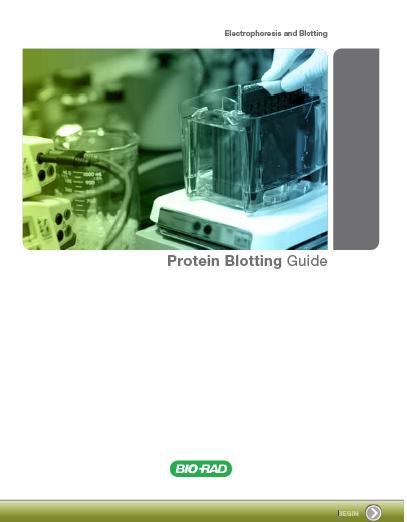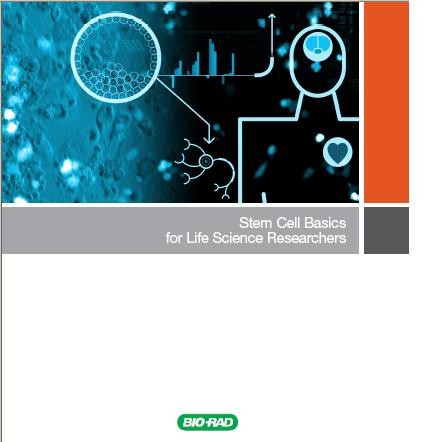For the first time, scientists at Fred Hutchinson Cancer Research Center have defined key events that take place early in the process of cellular aging.
Together the discoveries, made through a series of experiments in yeast, bring unprecedented clarity to the complex cascade of events that comprise the aging process and pave the way to understanding how genetics and environmental factors like diet interact to influence lifespan, aging and age-related diseases such as cancer and neurodegenerative disorders.
The findings, including unexpected results that link aspects of aging and lifespan to a mechanism cells use to store nutrients, are described in the Nov. 21 issue of Nature by co-authors Daniel Gottschling, Ph.D., a member of the Hutchinson Center’s Basic Sciences Division, and Adam Hughes, Ph.D., a postdoctoral fellow in the Gottschling Lab.
The researchers found the acidity of a structure in yeast cells known as the vacuole is critical to aging and the functioning of mitochondria – the power plants of the cell. They also describe a novel mechanism, which may have parallels in human cells, by which calorie restriction extends lifespan.















